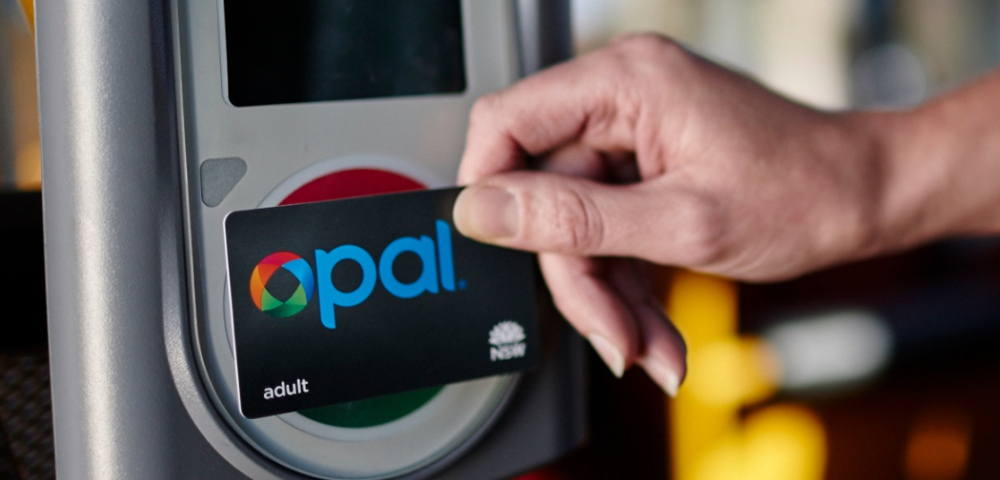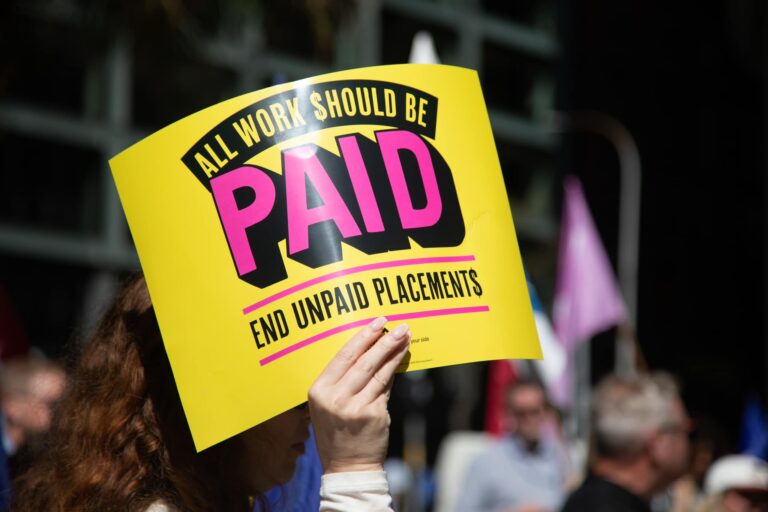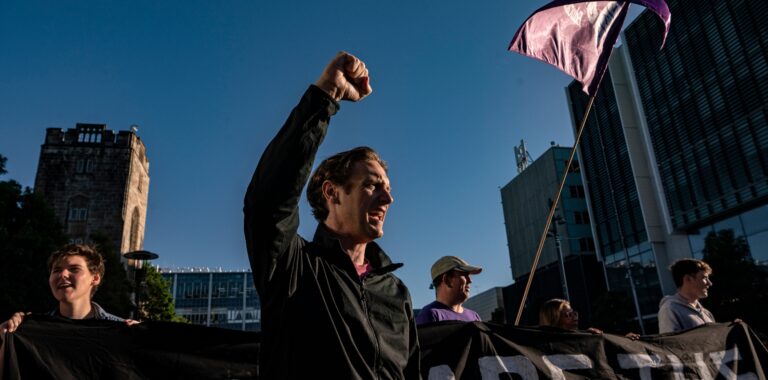

By ABHA HAVAL
In the face of impending Opal fare spikes and a worsening cost-of-living crisis, international students in NSW have found themselves in an especially precarious financial position. Now, pressure is mounting on the NSW government to grant concession cards to international students.
Transport for NSW recently announced a fare rise of 3.7 percent from October 16. The price surge is below the 7 percent annual increase in the Sydney Consumer Price Index in June 2023, and weekend fares will be applicable on Fridays, allowing commuters to travel all day for no more than $8.90. A 30 percent fare discount on public transport will also apply Friday to Sunday.
But part-time students and international students in NSW are ineligible for travel concessions. NSW is the only Australian state or territory that does not offer any form of discounted travel to international students.
Students activists have intervened in solidarity with their international peers. The Student Representatives’ Council at the University of Sydney (USyd) and Sydney University Postgraduate Representative Association (SUPRA) have started a petition demanding the NSW Government “listen to students and end this discrimination.”
The petition states, “if international students could access transport concessions, they would not only be more likely to study in NSW, but also engage in revenue-generating activity like state-wide tourism, retail, and paid employment.”
International students generate revenue of $3.3 billion per year for NSW. Extending travel concessions for international students would cost the NSW government approximately $169 million per year.
“Part-time students provide vital revenue to the state, and these students have historically been excluded from the concession program because of the belief that they are engaged in the workforce at least part-time.”
Research suggests that students who study part-time are overwhelmingly women, carers, and people with disabilities.
“Rising rents and extreme cost-of-living pressures are forcing students to live further away from campuses, and to choose between travelling to university or paying rent. Students need concession now more than ever.”
USyd SRC President Lia Perkins told City Hub, “the recent increase in cost of public transport will affect us all. I believe public transport should be free.”
“For students who cannot access concession cards, this increase in cost will exacerbate struggles with the high cost-of-living in Sydney.”
“For many students, an increase in cost may prevent them from coming to campus as often, or force them to work more hours to cover costs,” she said.
The SRC International Students’ Officer is deeply concerned about the increased costs of public transport affecting the international students’ community.
“It’s crucial to emphasise that international students are already ineligible for travel concessions, and an increase in cost of public transport will only create an additional and inequitable financial burden on us.”
“Public transport is not just a convenience, it is a crucial factor in ensuring that international students such as myself can fully engage in campus life, access part-time jobs opportunities, and explore the rich cultural experiences that NSW has to offer.”
Rising rents and extreme cost-of-living pressures are driving students away from the city affecting their health and well-being.
“In the case of international students, at a time when travel concessions are not jut a luxury, but a lifeline, [students] would inevitably be forced to limit their travel or cut costs compromising on their overall well-being.”
“In situations where public transport is the most feasible and efficient mode of commuting, students may have no practical choice but to continue using it, despite the increased costs, to ensure they can access education and essential services.”
“This will in-turn affect their ability to take care of their physical and psychological well-being.”
The petition has over 900 signatures, and the SRC is hoping to get 20,000 signatures.









